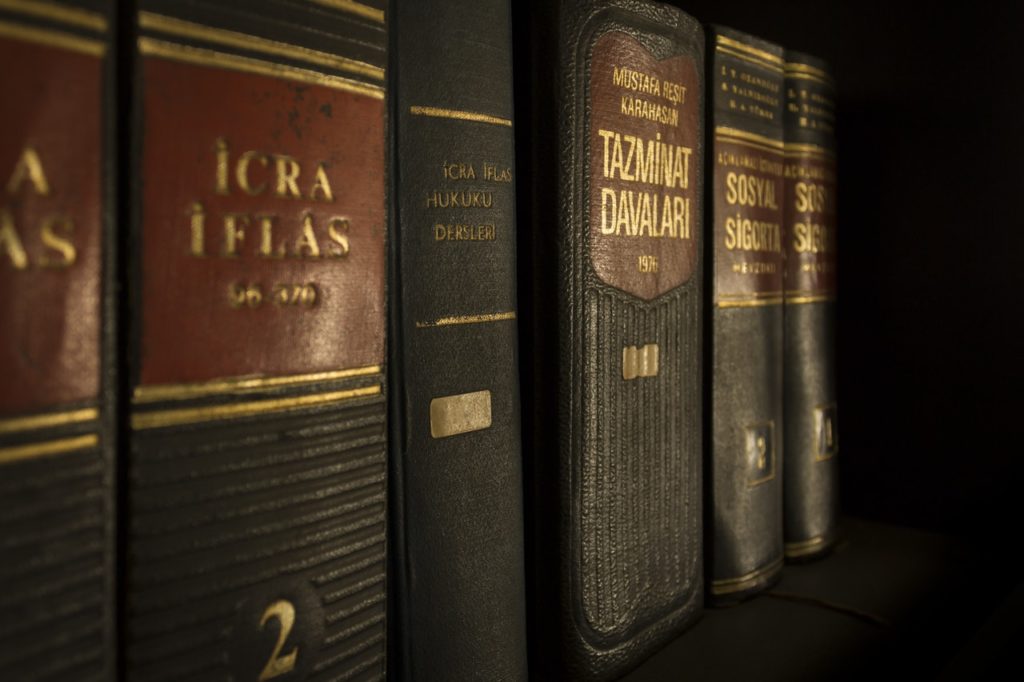The Copyright Alternative in Small-Claims Enforcement (CASE) Act passed in the United States, and it is nothing less than a monumental change in the way copyright claims on photographs are adjudicated.

Praising the decision, the National Press Photographers Association President Andrew Stanfill said, “Photojournalists have long called for a better approach to defending their copyright…This is the culmination of years of hard work by our advocacy team and the NPPA members who took time to champion the issue. We’re thankful for all the organizations and legislators who came together on this and look forward to seeing it implemented as intended”
The law provides a small claims court for copyright cases and should help photographers avoid expensive legal battles and the need to hire pricey lawyers. It doesn’t eliminate the potential to file a lawsuit in a federal court, for example, but it does provide a much-needed avenue for photographers and companies that cannot afford that level of representation. The cases will be decided by a Copyright Claims Board consisting of three experts in the field. A maximum of $USD 15,000 per violation can be awarded with a case total of $USD 30,000. Someone accused of copyright infringement and summoned to this small claims court has the right to reject the process within sixty days after which the case can move to a federal court. The decisions of the Copyright Claims Board can be appealed to a federal court.
The Copyright Alliance says of the passage of the CASE Act into law, “The CASE Act has been a critical legislative priority for hundreds of thousands of photographers, illustrators, graphic artists, songwriters, authors, bloggers, YouTubers, and many other creators and small businesses across the country. For far too long, these individual creators have had rights but no means of enforcing them due to the expense and complexity of federal court. With [the] passage of the CASE Act, creators will have a voluntary, inexpensive and streamlined alternative — a small claims tribunal that will be housed within the U.S. Copyright Office — enabling them to defend their copyrighted works from infringement.”
The Electronic Frontier Foundation added: “Under the CASE Act, people could file copyright infringement claims with an obscure body, under the auspices of an office most people have no experience with. And that board could decide that the subjects of those claims owe up to $30,000 for activities as common as sharing memes, images, and videos online.”
What do you think of the advent of copyright smalls claims court? Let us know your opinion on this legal change in the United States in the comments section below.
Don’t forget to check out our other photography news on Light Stalking at this link right here.
Light Stalking https://ift.tt/3hIE6yR
Sourced by Time Trap Photography sharing the best photography tips, news and tricks throughout the industry. Time Trap Photography is dedicated to freezing those special moments in life that can be revisited and admired for generations to come. - Shannon Bourque
Please visit our main site for booking availability and rates.

Receive valuable industry knowledge delivered free to your email each day.






No comments:
Post a Comment
Thank you so much for your comment. A moderator will review and approve all relevant posts. We appreciate your support and encourage you to stay with us by subscribing to our email updates. Where you can easily pick and choose what photography subjects interests you. Subscription link: http://bit.ly/photo-sub